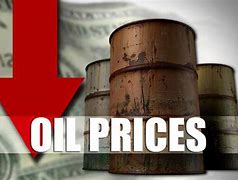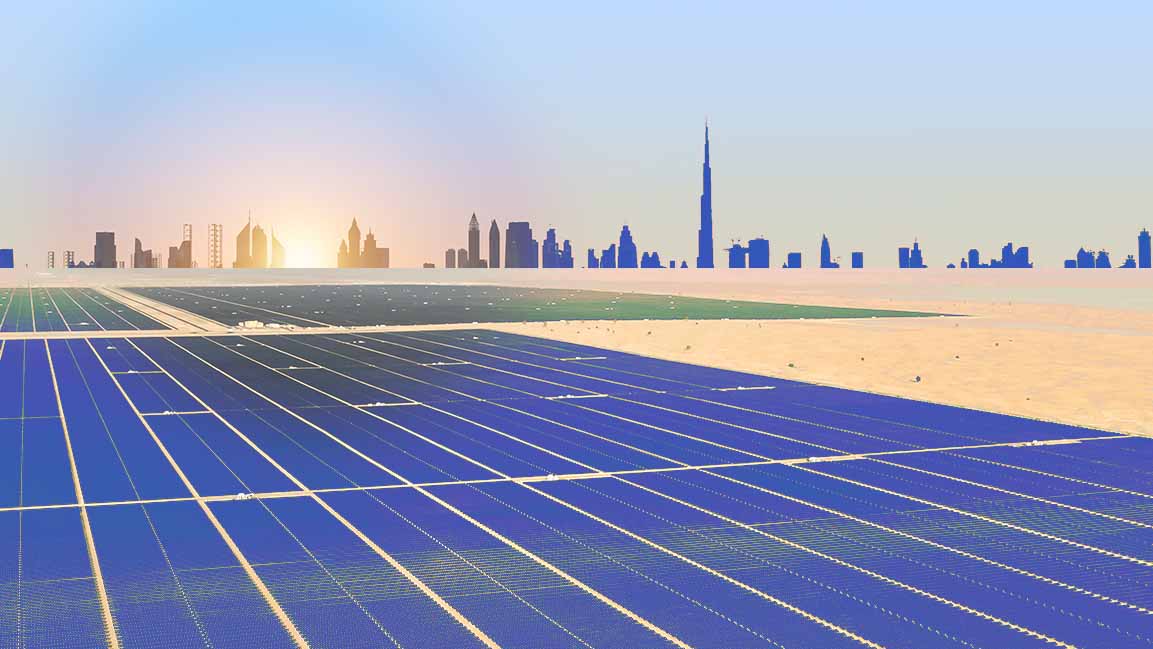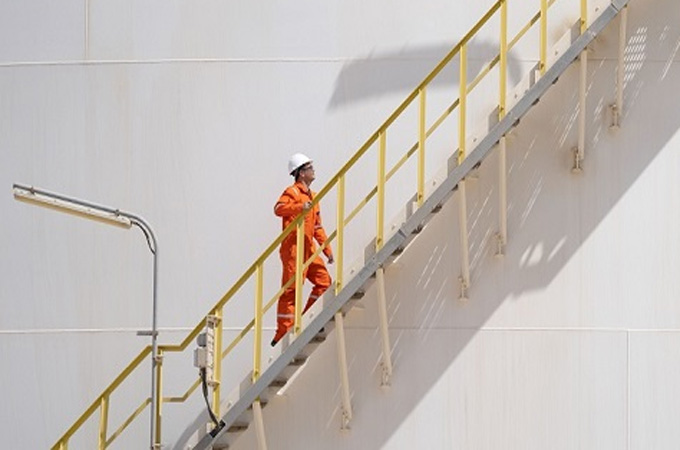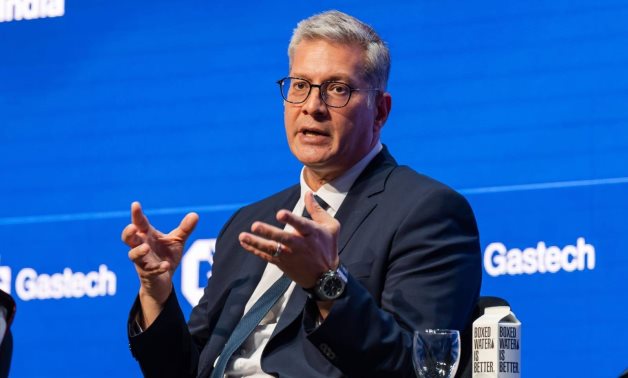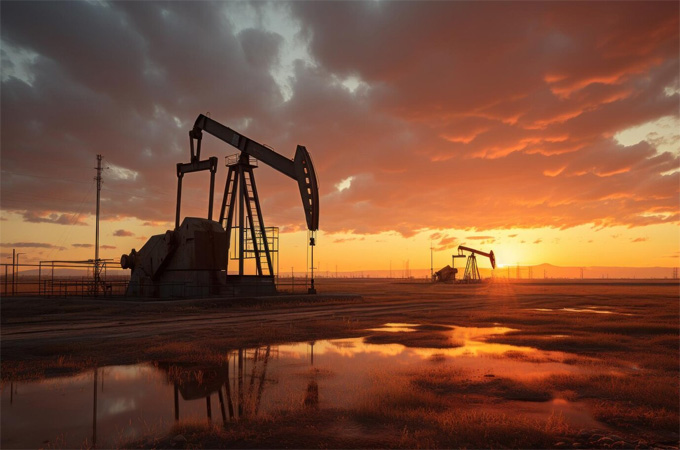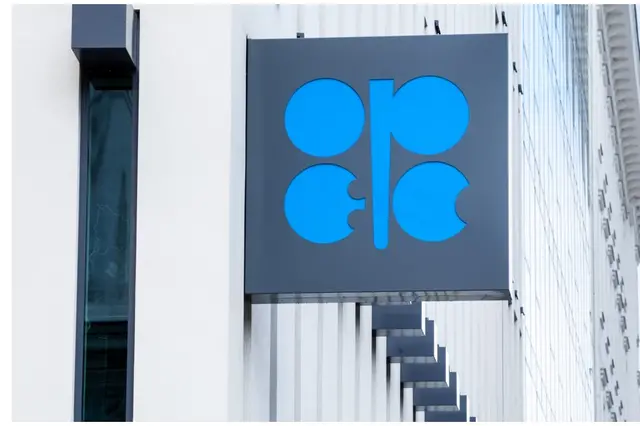Energy

Libya aims to boost oil production as geopolitical risks mount

By: Atalayar
After decades of disinterest in Libya's oil and gas sector
due to sanctions and civil war, a new chapter may open in 2025 despite growing
geopolitical risks. This is due to the possible bid by the National Oil Company
of Libya (NOC) for the exploration of 22 onshore and offshore blocks.
In December 2024, NOC announced plans to offer these 22 onshore and offshore exploration areas in 2025 to attract foreign investment and strengthen the country's energy sector. Libya has the largest proven oil reserves on the African continent, estimated at 48.363 billion barrels. It also ranks ninth in the world in terms of oil reserves, according to Datosmacro.
For the moment, the current political instability and security situation has not diminished interest in the North African country, and this could be demonstrated by the drilling of the Spanish company Repsol. In this way, Libya hopes to increase its production to two million barrels per day by 2025, compared to the 1.5 million barrels per day it produced in 2024.
Sanctions on the oil market
Sanctions on Libya's oil market are key to influencing political and economic stability in the North African country. Since 1980, the Libyan government has faced various sanctions due to its support for terrorism and its attempts to develop weapons. As a result, much of the country's oil territory has remained unexplored.
Although sanctions were lifted in 2000 and agreements began to be signed with international oil companies such as Eni and BP, the Libyan authorities did not encourage foreign investment and bureaucratised the system, forcing companies to hire Libyan nationals in top positions. This led to a growing disinterest in investing in Libya.
In 2011, during the conflict that led to the overthrow of Muammar Gaddafi, the EU expanded its sanctions to include NOC and its subsidiaries in order to put pressure on the regime.
Later, in 2014, the UN and the EU threatened to implement an oil embargo and additional sanctions to prevent illegal oil exports by unrecognised factions in order to stabilise the country and ensure that oil market revenues were not monopolised.
Last year, oil production in the North African country was affected by internal political conflicts, such as the crisis over control of Libya's central bank, causing oil production to fall by 60% by August 2024.




